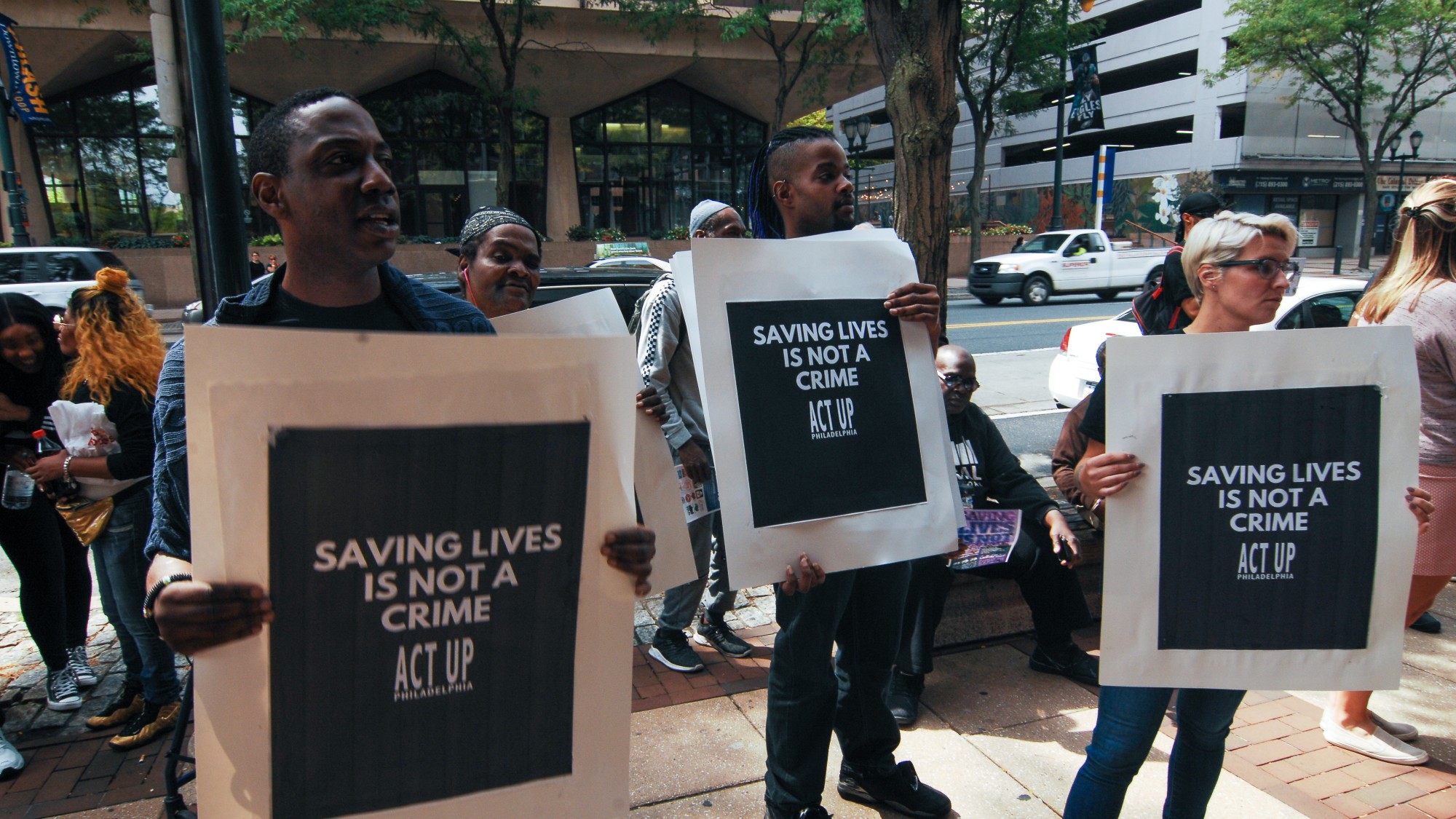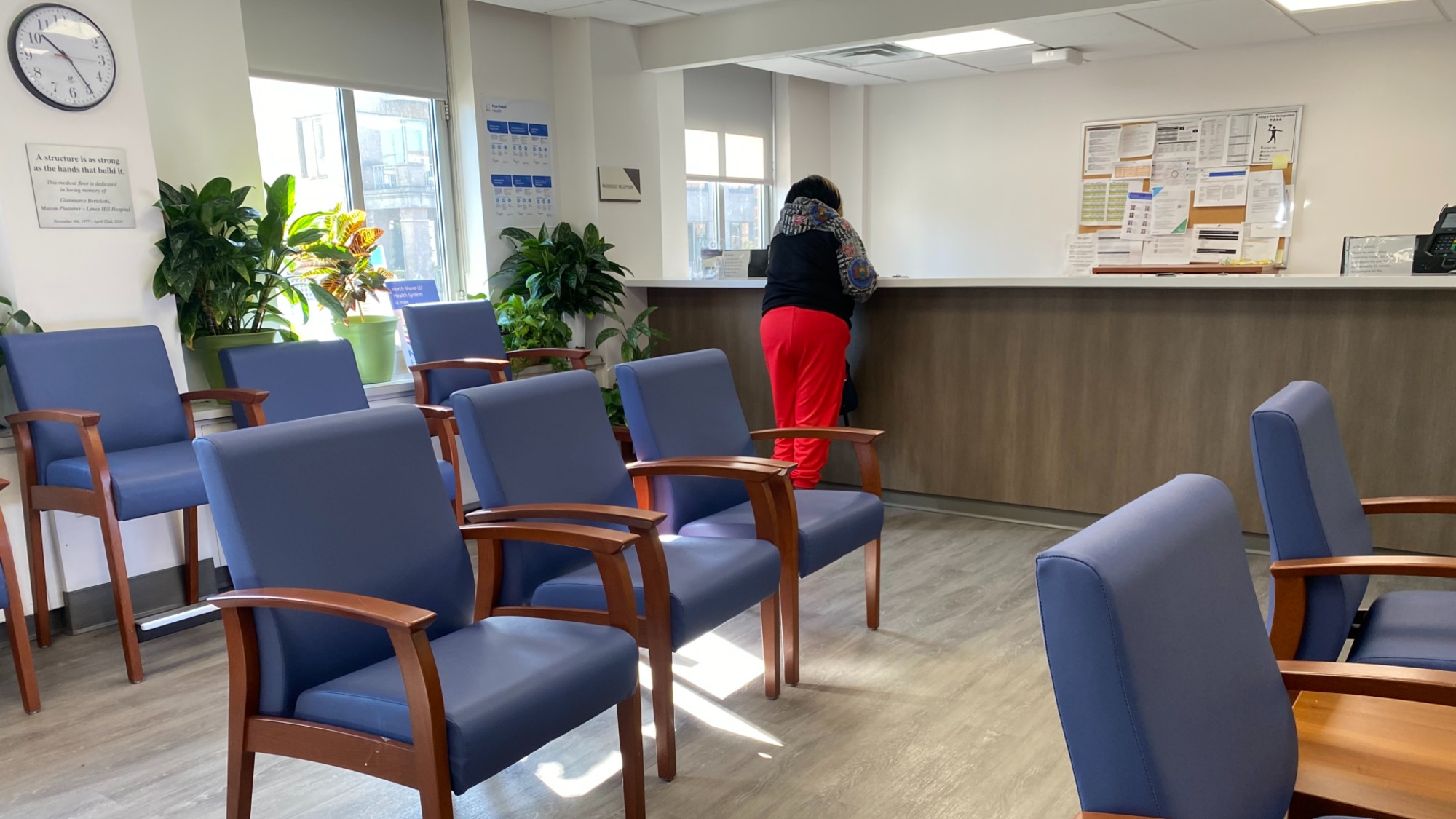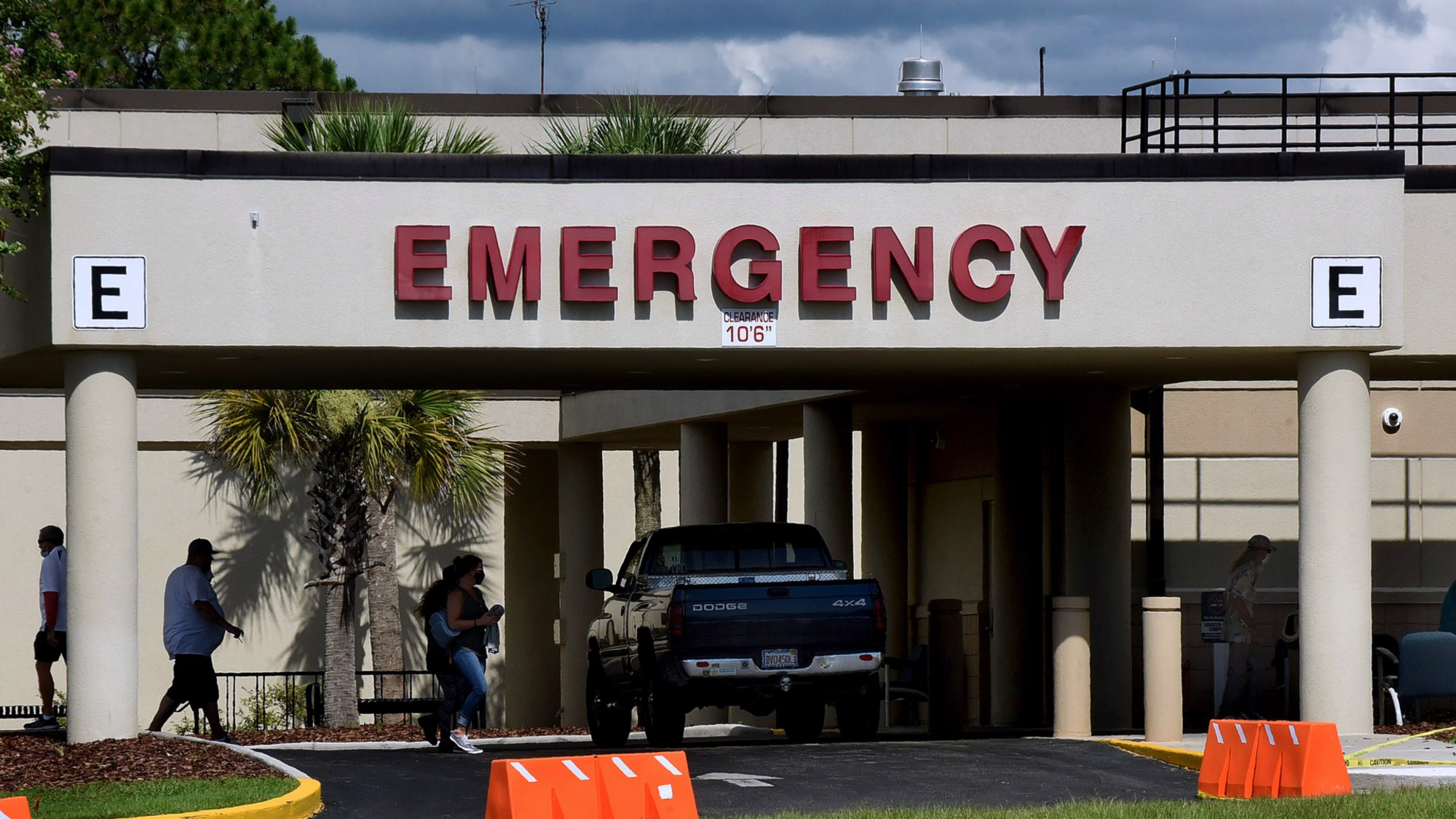The pros and cons of safe injection sites for opioids
The sites have saved lives but many worry they're too lax


A free daily email with the biggest news stories of the day – and the best features from TheWeek.com
You are now subscribed
Your newsletter sign-up was successful
The United States’ opioid problem has steadily been getting worse. In 2022, more than 110,000 people died of drug overdoses, "two-thirds of whom succumbed to synthetic opioids such as fentanyl," reported The Washington Post. One controversial solution are safe injection sites, described by Scientific American as "places where people who use injectable, but illegal, opioids such as heroin, can do so without fear of overdose, prosecution or spreading disease."
Some facilities have already been established in cities like New York City and San Francisco, while others have banned them. Global research has found benefits to these facilities, but many are still wary about their implications.
Pro: Acts as harm reduction
Harm reduction involves "meet[ing] people where they are ― on their own terms, and may serve as a pathway to additional health and social services, including additional prevention, treatment, and recovery services," per the Substance Abuse and Mental Health Services Administration (SAMHSA). Creating safe injection sites prevents needle sharing and public drug usage.
The Week
Escape your echo chamber. Get the facts behind the news, plus analysis from multiple perspectives.

Sign up for The Week's Free Newsletters
From our morning news briefing to a weekly Good News Newsletter, get the best of The Week delivered directly to your inbox.
From our morning news briefing to a weekly Good News Newsletter, get the best of The Week delivered directly to your inbox.
"People will not stop using drugs just because they are told not to, so the best way to manage the various side effects of drug abuse," wrote City Journal. "In addition to preventing death or disease, harm-reduction programs create an opportunity … to conduct outreach."
Con: Normalizes drug use
Having safe injection sites makes opioid use more commonplace. "Outreach efforts on the streets have enabled drug users rather than steer them toward treatment," Philadelphia council member Quetcy Lozada told the Post. "We have made [drug users] comfortable living in [their] conditions. A facility would only make that more accessible."
"The nation appears caught between the failures of the old war on drugs and a new harm-reduction approach that … appears hobbled by an activist philosophy at odds with the everyday realities of drug use in America," wrote Tablet Magazine. Safe injection sites don’t provide incentives to quit drugs, but simply make using them safer.
Pro: Could reduce drug-related crime
Research has shown that safe injection sites meant "users were less likely to overdose, visit emergency rooms or commit crime," the Post reported. These sites create a "zone of stability" keeping people from "injecting in public in unsafe ways," Sarah Evans, the division director of drug policy at the Open Society Foundations, told GBH.
A free daily email with the biggest news stories of the day – and the best features from TheWeek.com
"There isn't a correlation between the opening of these sites and the negative things that people anticipate," Evans added. A 2014 study of safe injection sites found they didn’t "increase drug injecting, drug trafficking or crime in the surrounding environments."
Con: Could keep people from seeking help
Drug access could keep people locked into addiction, making them reluctant to seek help. "As [users] drift to other parts of their lives and stay dependent on these bad drugs, we’re going to lose that life as a productive citizen," Michael Driscoll, a Philadelphia City Council member, told The New York Times.
"We need to prioritize sobriety, not just allow addiction to continue and spiral," Pennsylvania state Sen. Christine Tartaglione (D) told the Post. Many drug users may also suffer from concurrent disorders such as depression or anxiety. "Only addiction treatment programs use an integrated treatment approach that addresses drug abuse at the same time as a co-occurring mental illness," wrote addiction recovery center Footprints to Recovery.
Pro: Prevents overdose deaths
Because safe injection sites are monitored, the facilities have prevented thousands of overdose deaths across the country, per the Times. Staff are often able to administer naloxone and oxygen to prevent deaths. Research on safe injection sites found that they lead to lower drug mortality rates and lower public drug usage. "People can’t recover if they’re dead," Jeremy Drucker, Minnesota’s director of addiction and recovery, told the Times.
Many people also "respond to the nonjudgmental, caring atmosphere of safe consumption sites by seeking treatment and other social services," wrote the Cato Institute. "Overdose prevention sites can be part of a comprehensive strategy that can save lives and address open-air drug use," said San Francisco Mayor London Breed.
Con: Causes problems with federal drug controls
The operation of safe injection sites is at odds with federal drug regulations. While the Biden administration has endorsed harm reduction strategies to combat the opioid crisis, the sites "operate in a legal gray area," per the Times. This is because of a 1986 statute making it illegal "to maintain or open any place for the purpose of using any controlled substance," per think tank R Street.
Safe injection sites remain illegal under federal law, so those that were opened anyway are relying on authorities not to intervene. Because of this, access to sites varies greatly depending on their location. "Even liberal elected officials and communities, like those in Philadelphia, continue to question what they consider more lenient approaches to opioid use," the Times added.
Devika Rao has worked as a staff writer at The Week since 2022, covering science, the environment, climate and business. She previously worked as a policy associate for a nonprofit organization advocating for environmental action from a business perspective.
-
 How the FCC’s ‘equal time’ rule works
How the FCC’s ‘equal time’ rule worksIn the Spotlight The law is at the heart of the Colbert-CBS conflict
-
 What is the endgame in the DHS shutdown?
What is the endgame in the DHS shutdown?Today’s Big Question Democrats want to rein in ICE’s immigration crackdown
-
 ‘Poor time management isn’t just an inconvenience’
‘Poor time management isn’t just an inconvenience’Instant Opinion Opinion, comment and editorials of the day
-
 Deaths of children under 5 have gone up for the first time this century
Deaths of children under 5 have gone up for the first time this centuryUnder the radar Poor funding is the culprit
-
 A fentanyl vaccine may be on the horizon
A fentanyl vaccine may be on the horizonUnder the radar Taking a serious jab at the opioid epidemic
-
 Nursing is no longer considered a professional degree by the Department of Education
Nursing is no longer considered a professional degree by the Department of EducationThe Explainer An already strained industry is hit with another blow
-
 Nitazene is quietly increasing opioid deaths
Nitazene is quietly increasing opioid deathsThe explainer The drug is usually consumed accidentally
-
 More adults are dying before the age of 65
More adults are dying before the age of 65Under the radar The phenomenon is more pronounced in Black and low-income populations
-
 Doctors sound the alarm about insurance company ‘downcoding’
Doctors sound the alarm about insurance company ‘downcoding’The Explainer ‘It’s blatantly disrespectful,’ one doctor said
-
 Can TrumpRx really lower drug prices?
Can TrumpRx really lower drug prices?Today’s Big Question Pfizer’s deal with Trump sent drugmaker stocks higher
-
 Private equity firms might be causing more deaths in hospital ERs
Private equity firms might be causing more deaths in hospital ERsThe Explainer Deaths in ERs purchased by private equity firms rose 13%
